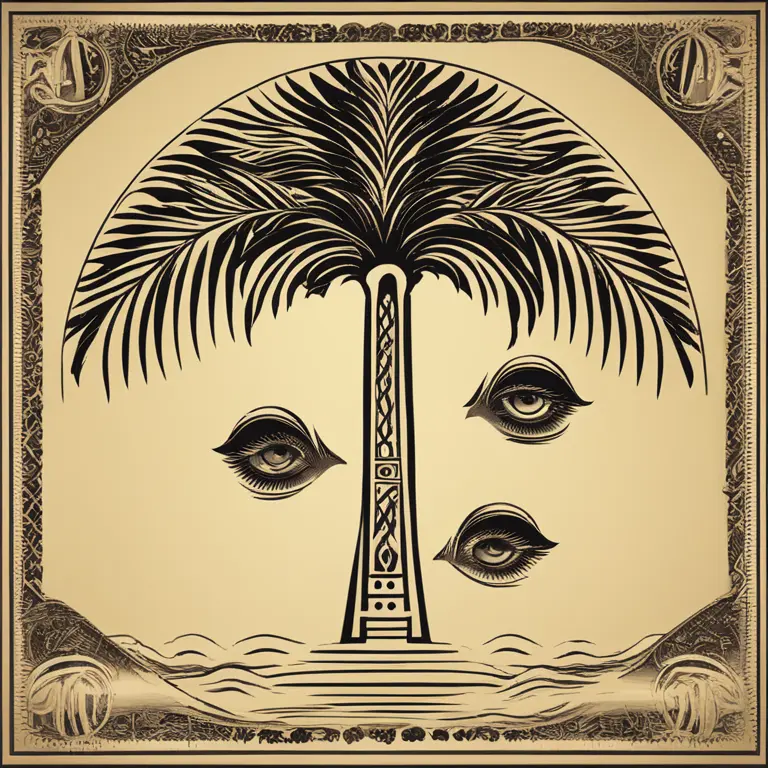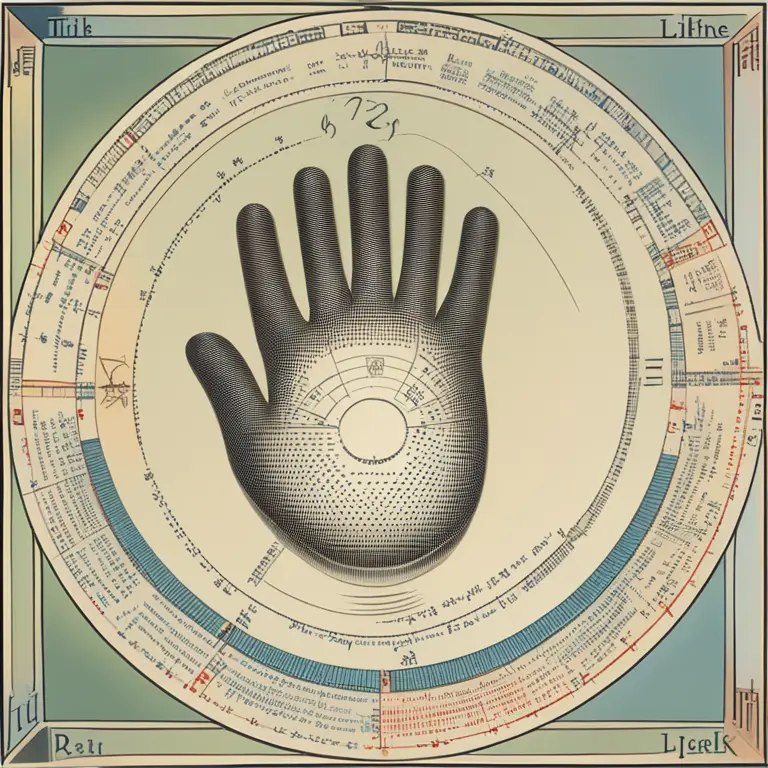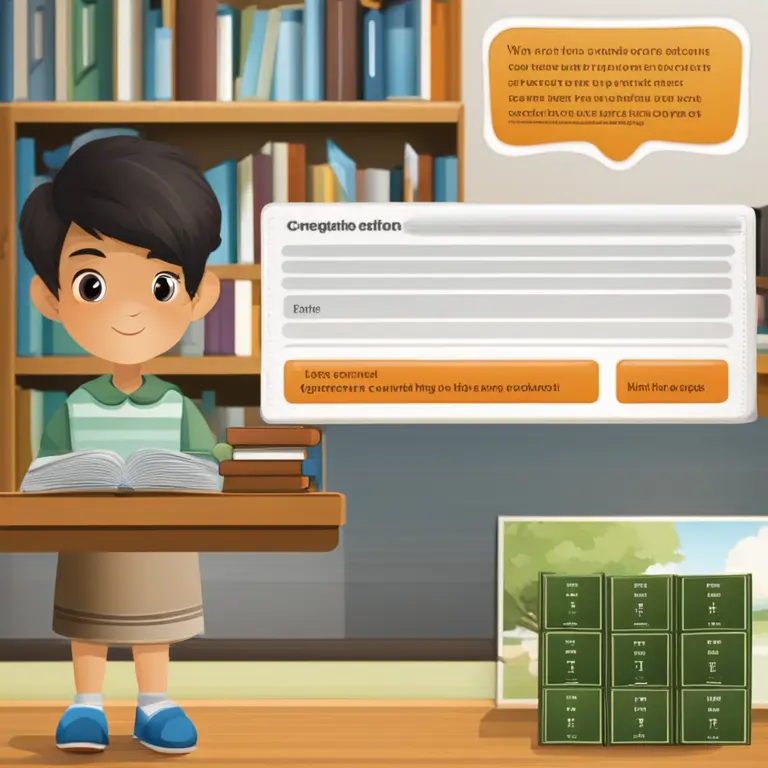
Palmistry & Lifespan Forecasts
Delve into the enigmatic world of palmistry to discover if the art of reading palms can provide insights into one's life expectancy.
article by Nora Pennington
Introduction to Palmistry and Longevity
Palmistry, also known as chiromancy, has been used for centuries as a tool to predict various aspects of an individual's life. The intricate lines on our palms, according to enthusiasts, hold the secrets of our personalities, fortunes, and significant life events. A common inquiry among those interested in palmistry is whether these lines can offer predictions about life expectancy. This article examines the credibility of palm reading as a means to forecast lifespan and its place in contemporary divination practices.

The Lifeline and Its Interpretations
Within palmistry, the lifeline is perhaps the most talked-about line, often believed to indicate the length of a person’s life. Starting between the thumb and index finger, it arcs down towards the wrist. However, modern palmists interpret the lifeline not as a timer of life but rather as a barometer of vitality, quality of life, and general well-being. Recent studies in the field suggest that while the lifeline may reflect health-related issues, it should not be taken as a literal gauge of life span.

Examining the Research and Skepticism
Scientific scrutiny into palmistry has yet to provide concrete evidence supporting its claims, including those regarding life expectancy. Most academics and skeptics conclude that palm reading lacks empirical support and is not an accurate tool for predicting longevity. The patterns and features in one's palm are unique and can change over time, indicating that they are influenced by both genetics and environmental factors rather than being a static roadmap of our life's journey.

Psychological Aspects of Palm Reading
It is important to consider the psychological impact of predicting life expectancy through palmistry. The belief in such predictions can have profound effects on an individual’s behavior and outlook. Especially in the context of palmistry, predictions should be given responsibly to avoid causing undue stress or influencing life choices based on unverified assertions about one’s lifespan.
The Ever-Evolving Art of Palmistry
Despite the skepticism, palmistry remains a popular practice, and it continues to evolve. Modern proponents of palmistry often integrate psychological analysis and use it as a tool for self-reflection rather than rigid fortune-telling. The focus is increasingly on the potential paths and patterns of personal growth instead of deterministic prophecies about lifespan or immutable future events.
Conclusion: A Balanced Perspective
While palmistry may offer intriguing insights into a person's characteristics and experiences, it is far from being a scientific method to predict life expectancy. Interest in such esoteric practices demonstrates a human desire to understand the unknown, but it is essential to approach palmistry as a subject that is symbolic and interpretative, rather than literal or definitive.
Published: 1/11/2024
Modified: 1/12/2024
More predictions
Come back here soon to learn more about yourself and your future


Can Palmistry Predict Your Path Incorrectly?
Delving into the accuracy of palm readings, this article examines whether palmistry can lead to incorrect predictions about one's life and destiny.


Can Palmistry Foresee One’s Demise?
Delve into the contentious debate about whether palmistry can predict the end of life and the ethical considerations of such a claim.


The Efficacy of Palmistry: Real Insight or Fancy?
Delve into the validity of palmistry as a form of divination. Is there a truth behind the lines on our palms, or is it just a charming fancy?